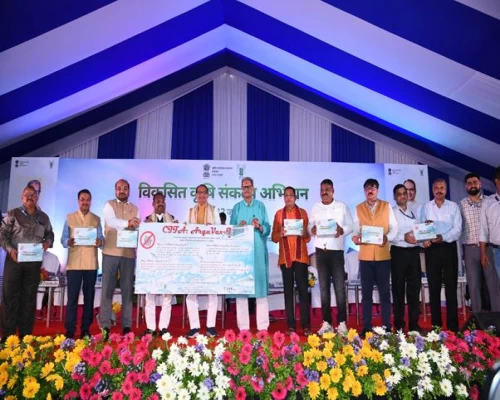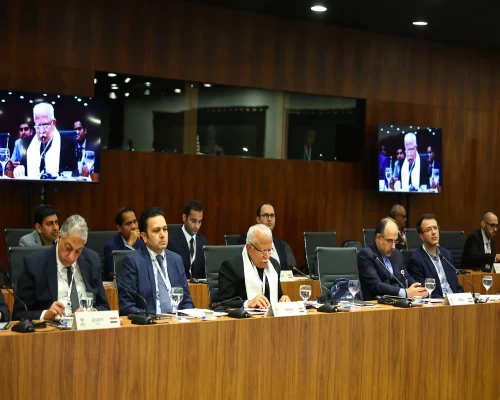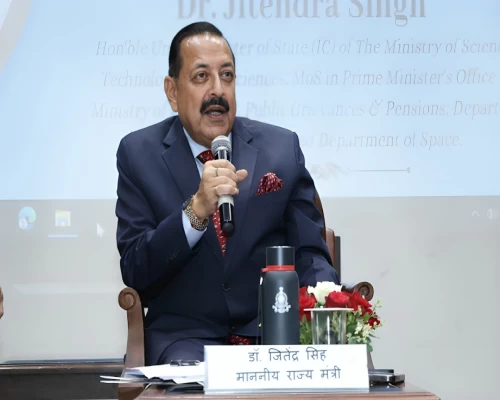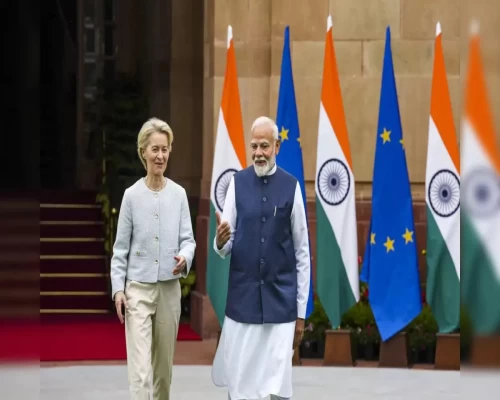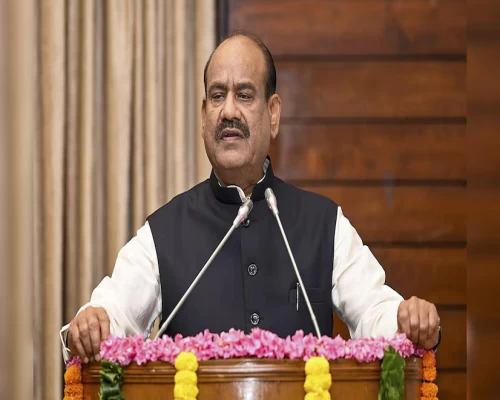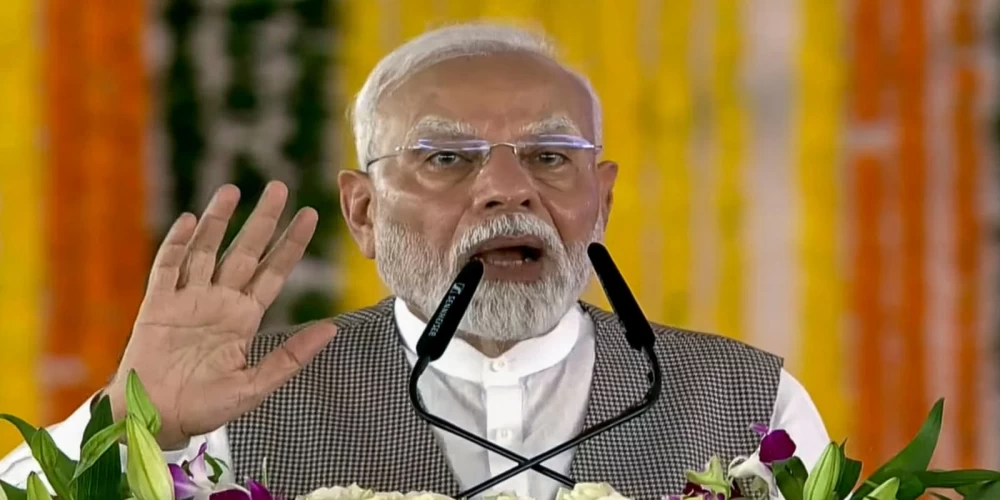
New Delhi: India’s growing focus on skill development and employment has taken another significant step forward with the launch of the Prime Minister's Internship Scheme on October 3, 2024. This initiative, introduced as part of the Union Budget 2024-25, aims to provide valuable work experience to one crore young people over the next five years, helping them gain exposure across multiple industries.
The scheme has begun with a pilot project for the financial year 2024-25, offering 1.25 lakh internships in 24 different sectors such as energy, automotive, banking, hospitality, and more. The companies involved in this phase have been chosen based on their corporate social responsibility (CSR) spending over the past three years, ensuring that interns are placed in organisations with a strong commitment to ethical practices.
Unlike existing programs focused on skill development or apprenticeships, this initiative is entirely focused on providing internships. By giving participants direct access to real-world working environments, the scheme aims to enhance the employability of the nation's youth, ensuring that they are better prepared for the job market.
To qualify for the pilot project, individuals aged 21 to 24 who are Indian nationals and not engaged in full-time work or education can apply. Those enrolled in online or distance learning programs are also eligible. The internships are open to those who have completed education levels ranging from high school to undergraduate degrees in subjects like arts, science, commerce, and technical fields. However, graduates from premier institutions such as IITs and IIMs, and those with professional degrees like MBBS, CA, or MBA, are not eligible for this program. Additionally, candidates whose family income exceeds Rs 8 lakh or those related to government employees are excluded.
Partner companies for the project are drawn from the top 500 firms based on their CSR spending. Other businesses interested in joining can apply for approval through the Ministry of Corporate Affairs, particularly those in underrepresented sectors. If a company is unable to offer internships directly, it can partner with other firms in its supply chain or business group to offer opportunities.
Interns will receive a monthly stipend of ₹5,000, with ₹500 paid by the partner company based on attendance and conduct, and ₹4,500 provided by the government through Direct Benefit Transfer (DBT) into the intern’s bank account. Additionally, interns will receive a one-time grant of ₹6,000 when they begin the program, also via DBT. Insurance coverage is also a key feature of the scheme, with all participants enrolled in government-sponsored schemes, and the option for companies to provide additional coverage.
The entire scheme is managed through an online portal, which handles the internship process from application to completion. Candidates can browse and apply for up to five internships based on their preferences, while partner companies can use the portal to post opportunities, set requirements, and shortlist applicants. The system prioritises diversity and inclusion, giving special consideration to candidates from Scheduled Castes, Scheduled Tribes, Other Backward Classes, and Persons with Disabilities.
By giving India’s youth access to internships across a wide range of sectors, this initiative is set to create a new pathway for professional growth. The launch of the PM Internship Portal, with its streamlined process for both companies and candidates, marks a significant move towards preparing the next generation for a dynamic workforce.
BI Bureau





